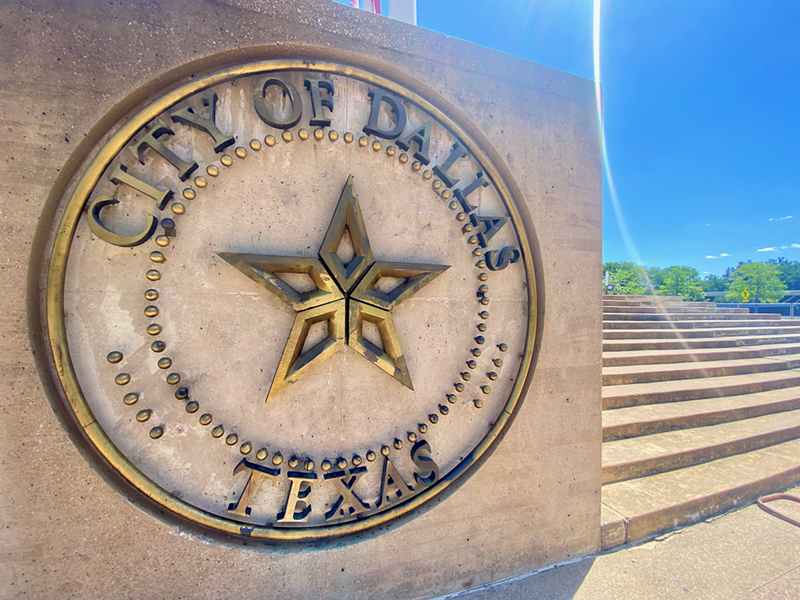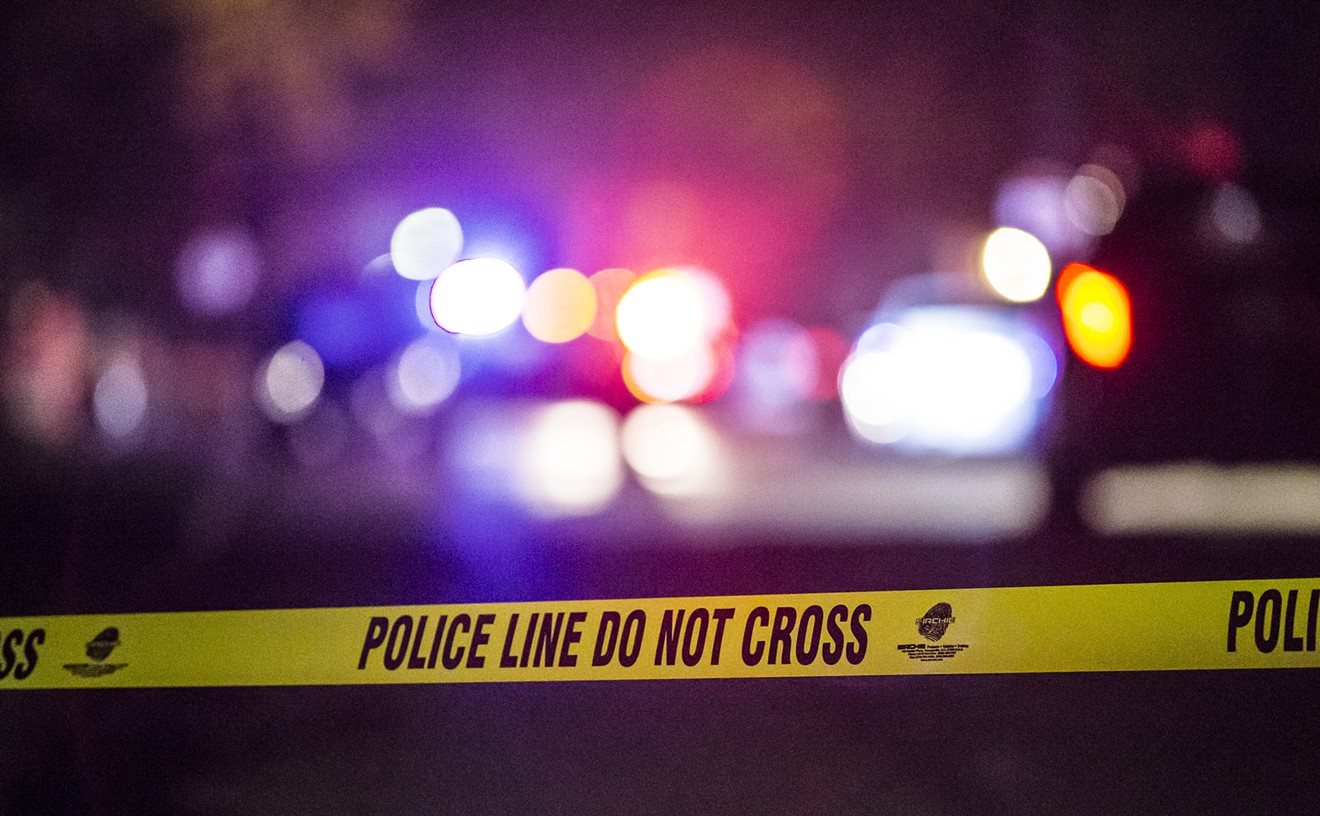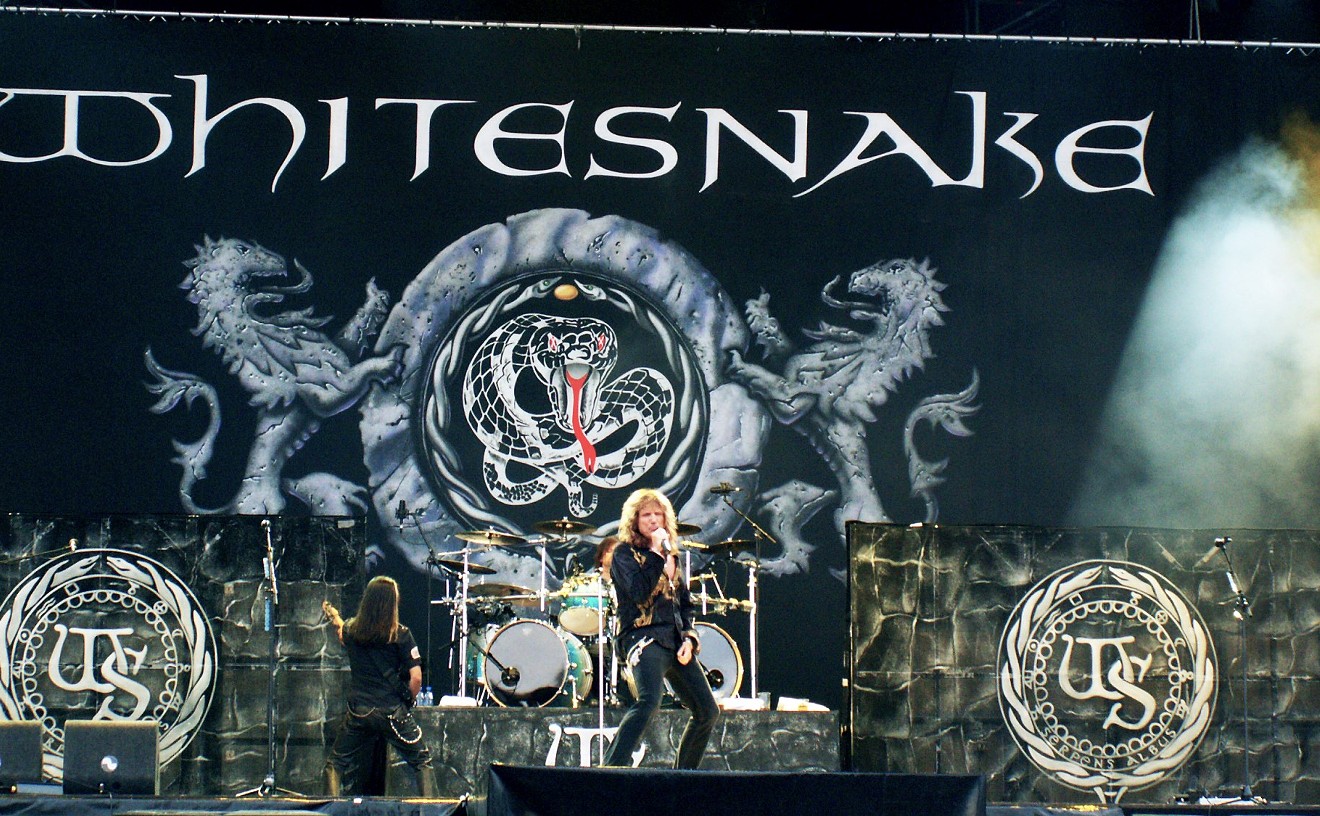At last week’s City Council meeting, Bevers said there were several cases his office would have filed in the last few months if Dallas had a lower standard of proof for ethics violations.
In part, that’s why the city is considering a slate of new amendments to its code of ethics, a topic of discussion at the meeting that will be up for a Council vote on Wednesday, June 14.
Laura Morrison, a senior assistant attorney for Dallas, walked the City Council through the proposed amendments to the city’s code of ethics.
The amendments aim to clarify rules around gifts for city officials and how those should be reported, and they extend conflict of interest restrictions to all city employees. Under the amendments, members of the council, boards and commissions would not be required to recuse themselves from matters that they have a conflict with if a majority of the other members share a similar conflict.
For example, a City Council vote on what to do about Dallas' tax rate would affect everyone on council, so none of them would have to recuse themselves. An offense for disclosing confidential information, which could be punishable as a class C misdemeanor in municipal court, is also being proposed.
Also being considered is a disclosure requirement for people who were paid to participate in a sitting City Council member's most recent election campaign. These individuals would be barred from lobbying at City Hall for one year after the election they participated in. Several council members said they opposed making the individual sit out of city business for a year, believing that disclosure of the fact that they were involved in a campaign was enough.“We’re talking about high stakes here.” – Paul Ridley, Dallas City Council
tweet this
This and the standard of proof used in cases of alleged ethics violations were the main points of contention at the City Council’s meeting this week.
These days, Dallas uses “clear and convincing” as its evidentiary standard in cases of alleged ethics violations. But the amendments would see that changed to a “preponderance of evidence.” Clear and convincing evidence would prove something is highly and substantially more likely to be true than not, according to the legal encyclopedia Nolo Press, whereas the preponderance of evidence standard would have to show something is at least more than 50% likely to be true.
Bevers explained that there were 11 or 12 cases in the last several months that his office would have filed if it could have used a lower standard of proof such as the preponderance of evidence.
A few steps would have to precede a hearing in a case based on the preponderance of evidence, Tammy Palomino, the interim city attorney said at the meeting.
First, someone must bring forward an ethics complaint. Then, the inspector general must prove that the accused knowingly violated the code of ethics. From there, the "clear and convincing" evidence standard would be used to bring the matter before a panel of the city’s ethics commission. Then, the inspector general must convince four of five ethics commission panel members to agree with them. “So, it’s a very difficult burden on the person bringing the case,” she said.
Bevers said “a preponderance of the evidence” is the standard of proof used in cities across the country, and he’s not sure why Dallas would be resistant to it. Dallas City Council members Cara Mendelsohn and Jaynie Schultz agreed with the change. Others didn’t.
“We’re talking about high stakes here,” Paul Ridley, City Council member for Dallas’ District 14, said at the meeting. “We’re talking about people’s reputations. Their careers are at stake. I think we need that higher standard of evidence.”
Ridley asked Bevers if he could name another city that uses the lower standard of proof. Bevers said he didn't have a list of them prepared and didn't name any specific city.
District 1 City Council member Chad West and Deputy Mayor Pro Tem Omar Narvaez agreed with Ridley that there should be a high standard of proof if the city is going to be putting people on the chopping block. “I’m going to fight on that one next week if we do this vote next week because I think it is just way too low,” West said of the evidentiary standards.
But Bevers disagreed, pointing out that requiring such a high standard of proof is hindering his ability to do his job, which is to help foil corruption in the city.
“Why does Dallas feel the need to cling to, exclusively cling to, be the only city in the country to cling to this high burden of proof when nobody else is doing it?” Bevers said. “I don’t know the answer to that question and it bothers me.”













